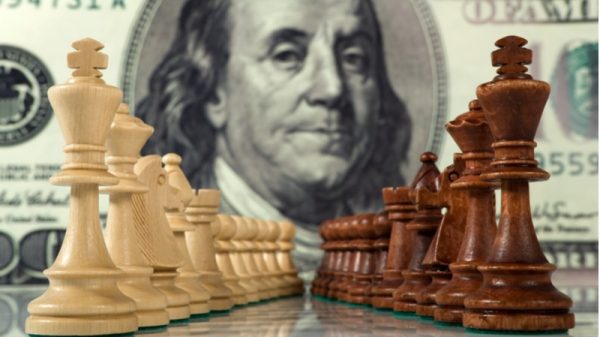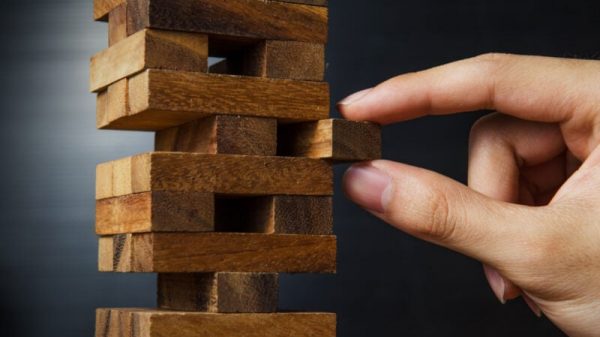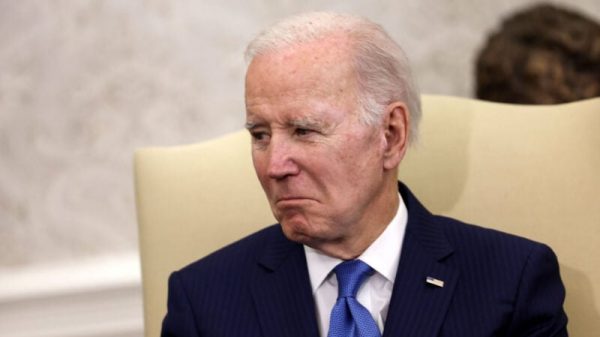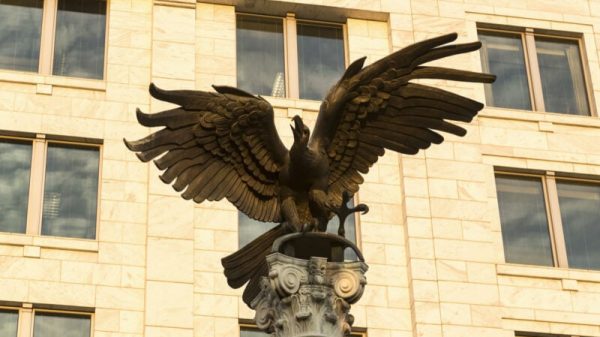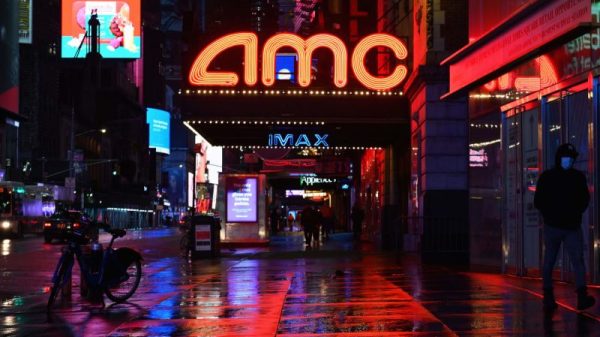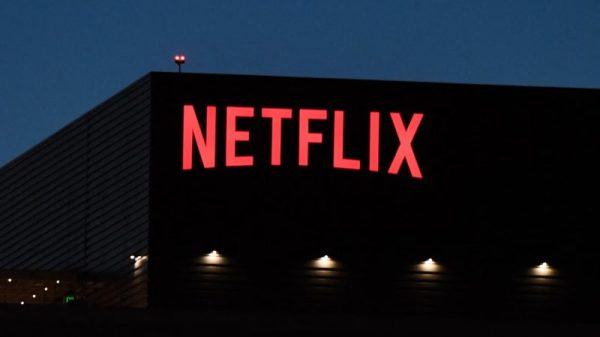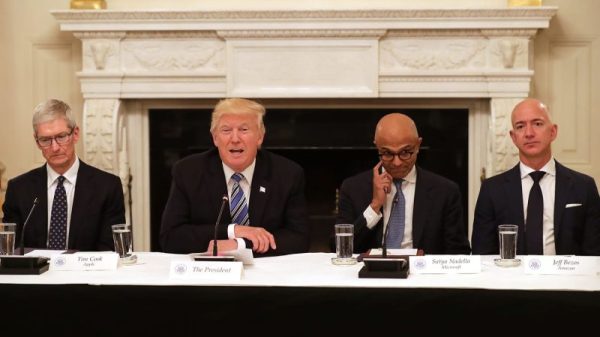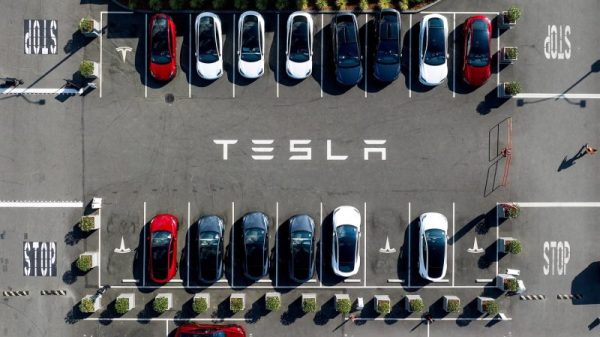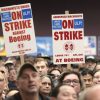Here’s a pop quiz. Some questions are conceptual, others ask about particular facts. The correct answers are supplied at the end. (But don’t cheat by peeking beforehand at the answers!) Good luck!
1) Today, approximately five billion hectares of the earth’s land is devoted to agriculture. Which of the following occurrences would economically double the amount of land devoted to agriculture?
A) Bringing into agricultural use an additional five billion hectares of land that are, on average, equivalent in fertility to the land currently used for agriculture.
B) Bringing into agricultural use an additional ten billion hectares of land that are, on average, only half as fertile as is the land currently used for agriculture.
C) Improving agricultural technology to double the yield on the five billion hectares of land currently devoted to agriculture.
D) All of the above.
2) Which of the following occurrences would increase the productivity of — and, hence, raise the wages paid to — workers in Acme, Inc.’s machine-tool factory in Michigan?
A) Michiganders increase their savings, and use these savings to modernize Acme, Inc.’s Michigan factory.
B) Missourians and Marylanders increase their savings, and use these savings to modernize Acme, Inc.’s Michigan factory.
C) Mexicans and Mozambiqueans increase their savings, and use these savings to modernize Acme, Inc.’s Michigan factory.
D) All of the above.
3) Which of the following is the least-likely way that owners of motels will respond if government raises the minimum wage to a level above the wages that motels pay many of their housekeeping staff?
A) Motel owners will do nothing, but raise the pay of all housekeeping staffers up to the minimum wage and learn to live with the resulting higher cost of labor.
B) Motel owners will offer motel guests discounts for agreeing not to have their rooms cleaned daily, enabling motels to operate using fewer housekeeping staff.
C) Motel owners will lay off — that is, fire — housekeeping staffers who work most slowly and demand that housekeeping staffers who remain on the job work faster.
D) Motel owners will reduce the value of fringe benefits paid to housekeeping staff.
4) True or false: Government-enforced prohibitions on all but the most highly qualified and certified electricians selling their services to the general public have resulted in fewer accidental electrocutions.
A) True
B) False
5) All other things unchanged, an increase in the US trade deficit means:
A) the American economy is becoming less competitive.
B) foreigners are trading unfairly with Americans.
C) foreigners are becoming more impressed with the US as a place to invest their savings.
D) Americans’ indebtedness to foreigners is necessarily increasing.
6) In what year did the percentage of American workers employed in the service sector become greater than the percentage of American workers employed in either manufacturing, or in agriculture and extraction industries?
A) 1916
B) 1966
C) 1986
D) 1996
E) 2006
7) The average household in the top one-fifth — that is, the top “quintile” — of income-earning households in America today pays how much more in taxes (measured in absolute dollars) than is paid by the average household in the bottom one-fifth of income-earning households in America?
A) The average household in the top quintile actually pays less in taxes, measured in absolute dollars, than does the average household in the bottom quintile.
B) The average household in the top quintile pays roughly the same amount of taxes, measured in absolute dollars, as does the average household in the bottom quintile.
C) The average household in the top quintile pays about 2.68 times more in taxes, measured in absolute dollars, than is paid in taxes by the average household in the bottom quintile.
D) The average household in the top quintile pays about 26.8 times more in taxes, measured in absolute dollars, than is paid in taxes by the average household in the bottom quintile.
8) One of the purposes of creating the Federal Reserve Bank in 1913 was to maintain the value of the US dollar — a currency that had, from 1790 until 1913 lost about eight percent of its value. Since 1913, the value of the US dollar has:
A) remained stable; the Fed has succeeded in its effort to sustain the dollar’s value.
B) declined by 25 percent.
C) declined by 75 percent.
D) declined by more than 95 percent.
9) Since China entered the World Trade Organization (WTO) in December 2001, America’s industrial capacity has:
A) shrunk by 10 percent.
B) shrunk by 5 percent.
C) remained pretty much the same.
D) expanded by 5 percent.
E) expanded by 10 percent.
10) The Great Depression ended in the United States:
A) soon after Franklin Roosevelt’s New Deal began to be implemented.
B) with America’s entry into World War II.
C) not until soon after the end of World War II — around 1946 — when it became clear that Pres. Truman and the immediate post-WWII Congress weren’t as ideologically committed as FDR had increasingly become, over the course of the 1930s, to ever-greater centralization of control over the peacetime economy.
D Trick question: The Great Depression is mythical. The Federal Reserve, having been created a decade and a half prior to the start of the mythical Great Depression, used its expert skill at controlling the supply of money to ensure that the economy never fell into recession.
ANSWERS
1) D
2) D
3) A
4) B
The more strict are occupational-licensing requirements for electricians, the fewer will be the number of electricians for hire, and the higher will be the fees of those electricians who are available. Therefore, the more strict occupational-licensing requirements are for electricians, the more prone people will be to delay making repairs to electrical wiring in their homes and small businesses. In addition, homeowners and small-business owners will be more prone to do their own electrical work. In an April 1981 Southern Economic Journal paper, Sidney Carroll and Robert Gaston reported that “the evidence supports the findings that restrictions that reduce the density of electricians are significantly associated with a rise in the rate of death from accidental electrocution.”
5) C
6) A
7) D (See page 27 of Phil Gramm’s, Robert Ekelund’s, and John Early’s important 2022 book, The Myth of American Inequality.)
8) D
9) E
10) C (See Chapter 1 – titled “Regime Uncertainty: Why the Great Depression Lasted So Long and Why Prosperity Resumed after the War” – of Robert Higgs’s pathbreaking 2006 book, Depression, War, and Cold War. Higgs also documents convincingly that there is no sound basis for believing that Americans in the years 1941-1945 were enjoying any so-called “wartime prosperity.”)



